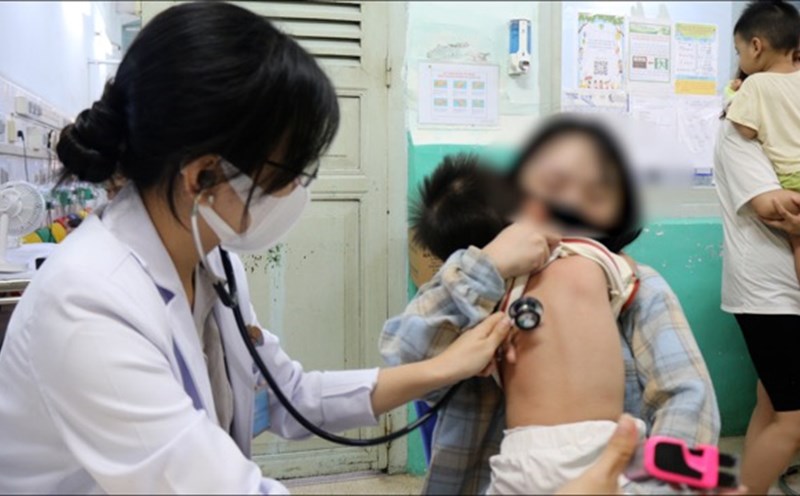Weather change not only brings rain, monsoon or unexpected cold, but also carries respiratory health risks, according to hindustantimes.
For many people, symptoms of shortness of breath appear more often during the changing seasons, even becoming a potential concern.
Temperature, humidity and air quality fluctuations can cause the airway to swell, making the lungs less functional, says Dr Kuldeep Kumar Grover, Head of the Department of Intensive Care and Lung, Birla CK Hospital (Gurugram, India).
According to Mr. Kuldeep Kumar Grover, there are 5 main causes of shortness of breath when the weather changes, including:
First, the temperature changes suddenly, from hot to cold or vice versa, easily causing airway constriction. People with asthma or chronic obstructive pulmonary disease are often more sensitive and prone to severe symptoms.
Second, the pollen and mold season carries many allergens, causing people with allergic asthma or allergic rhinitis to easily cough, wheeze and have difficulty breathing.
Third, the dry winter air causes moisture loss in the respiratory tract, causing irritation, aggravating asthma symptoms and creating conditions for bacteria and viruses to attack.
Fourth, air pollution increases at the changing seasons. The phenomenon of counter-othermal heat, especially in winter, causes fine dust and emissions to be retained near the ground, reducing lung function, especially in urban residents.
Fifth, the risk of respiratory infections such as flu and RSV increases due to erratic temperatures and living in closed, crowded spaces. These agents cause nasal congestion, increase mucus secretion and worsen underlying lung disease.
To prevent this, Dr. Grover recommends: wearing a towel when going out in cold weather, drinking enough water, using an air purifier during the pollen season, and getting vaccinated against the flu as well as the necessary respiratory vaccines.
Active lung protection will help you stay safer from weather abnormalities, emphasized Mr. Kuldeep Kumar Grover.











